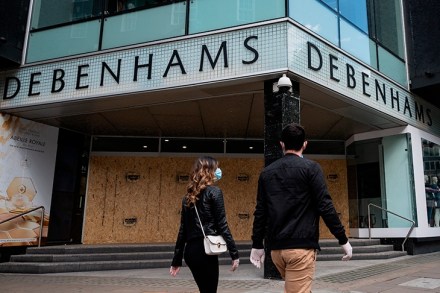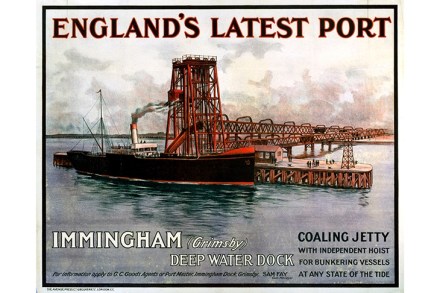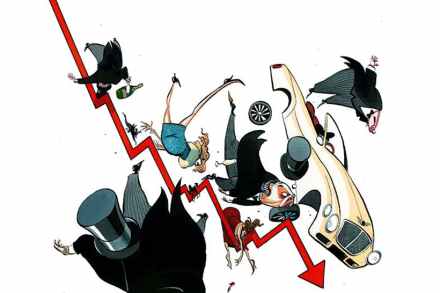Letters: It’s not so easy to boycott Chinese goods
Jobs for all Sir: Charles Bazlington championed Universal Basic Income in last week’s magazine (Letters, 9 May). It is welcome to see innovative ideas being discussed at a time of unprecedented economic crisis. Might I suggest that if we wish to empower citizens, not just pay them, we instead look to provide employment via a National Job Guarantee? A guaranteed job at the living wage backed by the state and administered by national and local government as well as the charity and private sectors. This crisis has proved that people need not only money but purpose, camaraderie with colleagues, and the pride of a ‘job done well’; they want to


















